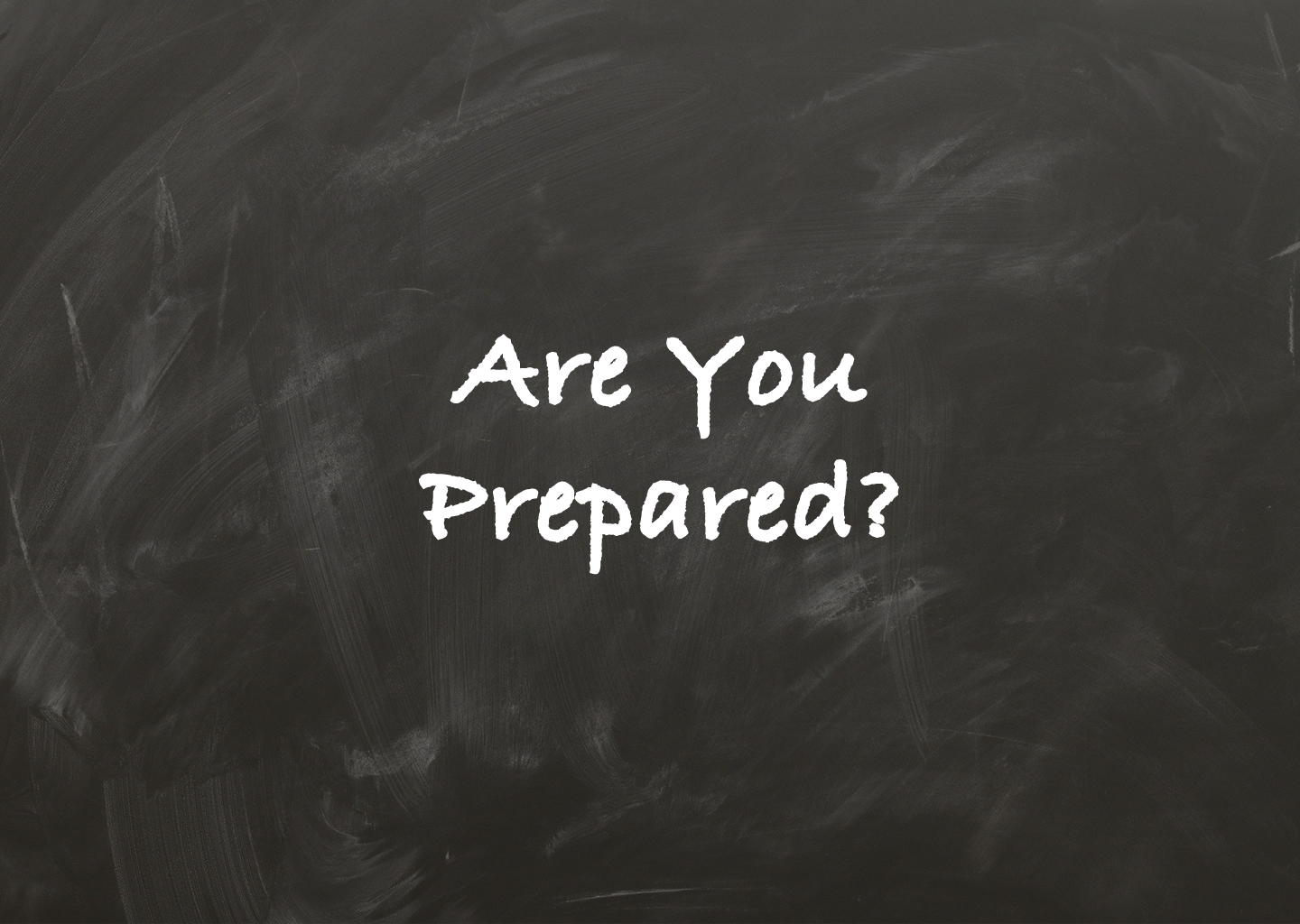
It wasn't too long ago that I sat at my computer listening to the Opening Day of Baseball's Spring Training and feeling like one of the biggest problems in my world was that another NY Yankee pitcher was going on the Injured List. That was on February 22nd, and though I had heard of the virus that was infecting China, I, like many Americans, paid it no mind. Well fast forward to today, and boy, was I wrong. Many cities across the United States are on lockdown with many others, beginning the measures that are needed to control this pandemic.
When my wife and I started to take this threat
seriously, we began to prepare to isolate ourselves until the pandemic had
passed. Unlike the headlines, our first stop wasn't for toilet paper, but to the
bank. After withdrawing a suitable amount of cash to withstand an emergency, we
next went to the pet store to make sure that our dogs would have enough to eat
should we have to quarantine ourselves. Very early the next morning, we made our
trip to the supermarkets. We refilled our prescriptions, got a supply of
non-perishable food items, over-the-counter paper products, and cleaning
supplies.
As I write that paragraph, I am bored by how routine it sounds.
It was quite dull, in fact, but that was the way we designed our emergency plan.
After living in Charleston, South Carolina, for the past seven years, we have
unfortunately been through a storm that the local media refer to as the "Storm
of the Century' and a few hurricanes or threats of them. In 2015, after the
threat of Tropical Storm Ana and later the previously mentioned "Storm of the
Century" that dumped up to 25 inches of rain in parts of Charleston a day, my
wife and I decided to make an emergency plan. We sat down and organized what we
needed in case we should have to"shelter-in-place" for seven days and what we
would need if we should have to evacuate for seven days. Safeguarding our
personal information (in the form of birth certificates, passports, social
security cards, and such) as well as establishing a plan to stay connected to
our families became part of the plan. Thankfully, right now, because of our
emergency plan, my biggest problem is that my wife is hogging the bandwidth of
our internet.
While having a family emergency plan is prudent, did you know that for healthcare facilities that accept Medicare and Medicaid, it is the law?
In November of 2016, the Center for Medicaid and Medicare Service (CMS) mandated that any facility that accepts Medicaid and Medicare must be compliant with the Emergency Preparedness Requirements for Medicare and Medicaid Participating Providers and Suppliers Final Rule by November 2017. In September of 2019, CMS published an update that revised some of the emergency preparedness requirements. The Emergency Preparedness Rule, or EP Rule, is a combination of these two mandates.
The EP Rule applies to all 17 provider and supplier types and establishes that each provider or supplier type will have its own set of Emergency Preparedness regulations. The EP Rule has four core elements that make up the regulations:
- Risk Assessment and Emergency Planning
- Communications Plan
- Policies and Procedures
- Training and Testing
The Risk Assessment and Emergency Planning element examines hazards likely in the geographic area of the facility as well as care-related emergencies. Additionally, the planning must include preparedness for equipment and power failures, disruption of communications, as well as the loss of the entire or part of the facility and its supplies.
The EP Rule also examines the facilities Communication Plan in the account of an emergency. In addition to following federal and state laws, the plan must include a means to contact facility staff, with the inclusion of non-staff physicians taking care of individual patients. This Communications Plan must also provide a means to communicate with all health care providers, state and local healthcare departments, and emergency management agencies.
All policies and procedures that the facility creates must comply with federal and state laws. Training and testing of all members of the facilities staff must take place annually.
A single break in the chain of emergency preparedness could cause the loss of CMS certification. One negative response to the following questions will directly impact the business sustainability of the healthcare facility: Does each workforce member have real-time access to the Emergency Plan responses? Is there a core Emergency Preparedness Team to manage emergency response? Does the EP Plan budget include all potential response resource requirements? Has the workforce been trained and tested on the EP Plan response? Is the EP Plan securely accessible at all times?









 ©
- CMS Imaging, Inc. All Rights
Reserved
©
- CMS Imaging, Inc. All Rights
Reserved

Comments
Leave a Comment